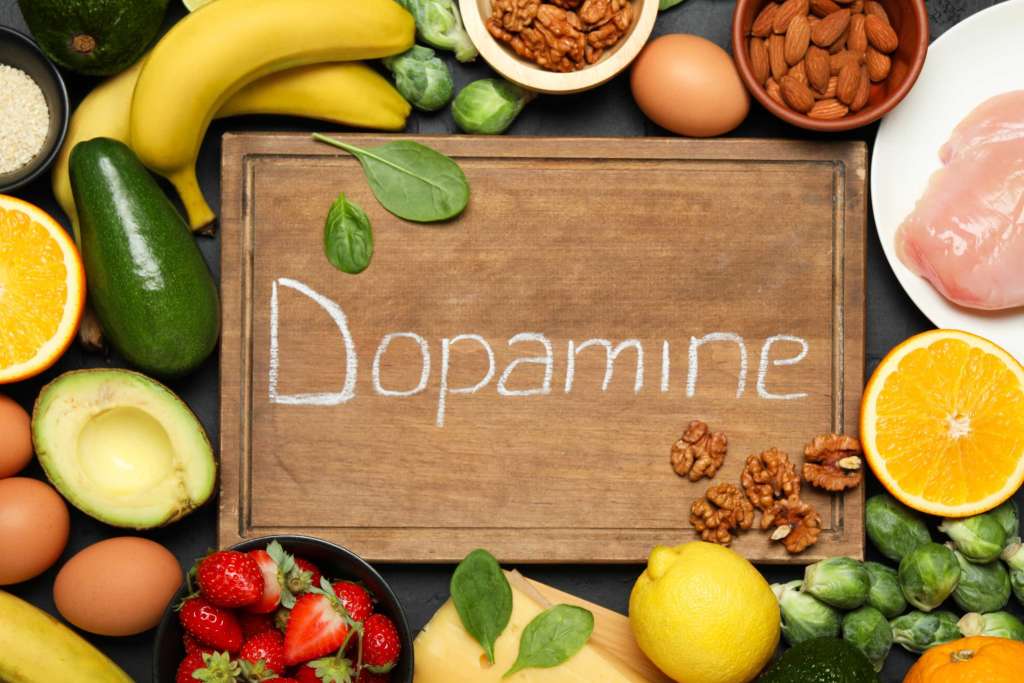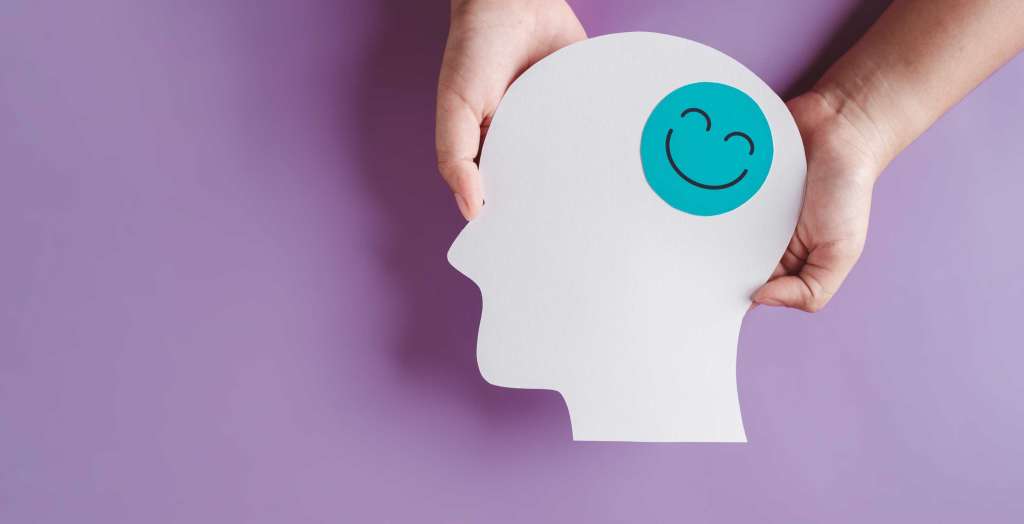
Dopamine is one of the brain’s most essential neurotransmitters, often nicknamed the “motivation molecule.” While it’s popularly associated with pleasure and reward, it plays a far more complex and foundational role in the human body. It regulates mood, attention, sleep, movement, and even decision-making. An imbalance in dopamine can be linked to a variety of medical and mental health conditions, from depression and fatigue to ADHD and Parkinson’s disease.
The Brain Chemical That Drives You
Dopamine is a type of chemical messenger that sends signals between neurons in the brain. It’s produced in several areas, including the substantia nigra (located in the midbrain area; it’s pretty small, but an essential part in how the body controls its movement) and the ventral tegmental area (also found in the midbrain, it serves a central role in motivation and reward processing).
While its functions are far-reaching, it is best known for regulating the brain’s reward system: a mechanism that reinforces behaviors necessary for survival, such as eating and social bonding. However, unlike short-lived spikes that come from external rewards (like sugar or social media), long-term dopamine balance relies on complex biological, emotional, and environmental factors.
The Clinical Impact of Dopamine Dysregulation
Low levels have been associated with:
- Chronic fatigue
- Depression
- Lack of motivation
- Anhedonia (inability to feel pleasure)
- Trouble concentrating (commonly seen in ADHD)
- Movement disorders like Parkinson’s disease
On the other hand, abnormally high levels, either naturally or through substances, can lead to:
- Mania
- Risk-taking behavior
- Psychosis (as seen in schizophrenia)
These symptoms may seem general, but they provide vital diagnostic clues for healthcare providers.

Dopamine & Primary Care
Primary Care Providers (PCPs) are often the first line of support for patients experiencing fatigue, low mood, or cognitive “fog.” During a visit, your provider may evaluate your symptoms and lifestyle and order lab work to rule out other medical causes if necessary. Your Primary Care provider is also able to refer you to specialists (i.e. psychiatry or neurology) and often can suggest holistic strategies like sleep optimization, physical activity, and nutrition to support dopamine balance.
Dopamine and Mental Health
Mental health conditions such as depression, anxiety, and attention disorders often involve dopamine regulation. Psychotherapists can offer Cognitive Behavioral Therapy (CBT) to restructure reward pathways or lifestyle recommendations including behavioral activation and goal setting.
The Role of Nutrition and Lifestyle
Certain nutrients, like tyrosine which is found in eggs, chicken, and dairy, serve as building blocks for dopamine. Regular exercise, mindfulness practices, and structured routines can also stimulate consistent dopamine production without the crash of artificial stimuli.

Why a Balanced Approach Matters
Rather than chasing “dopamine boosts,” consider focusing on long-term dopamine regulation. Your body’s neurochemistry thrives on consistency, nourishment, sleep, and meaningful engagement, not short-term thrills.
At Bethany Medical Clinic, our team of primary care providers, mental health professionals, and nutrition experts work together to assess your unique symptoms and support your overall well-being. Whether you’re feeling unmotivated or are struggling with mood symptoms, we’re here to help you uncover the root cause and create a plan that truly supports your health. Discover 9 Simple Ways to Boost Dopamine in Our Blog “Easy Way to Boost Dopamine.
